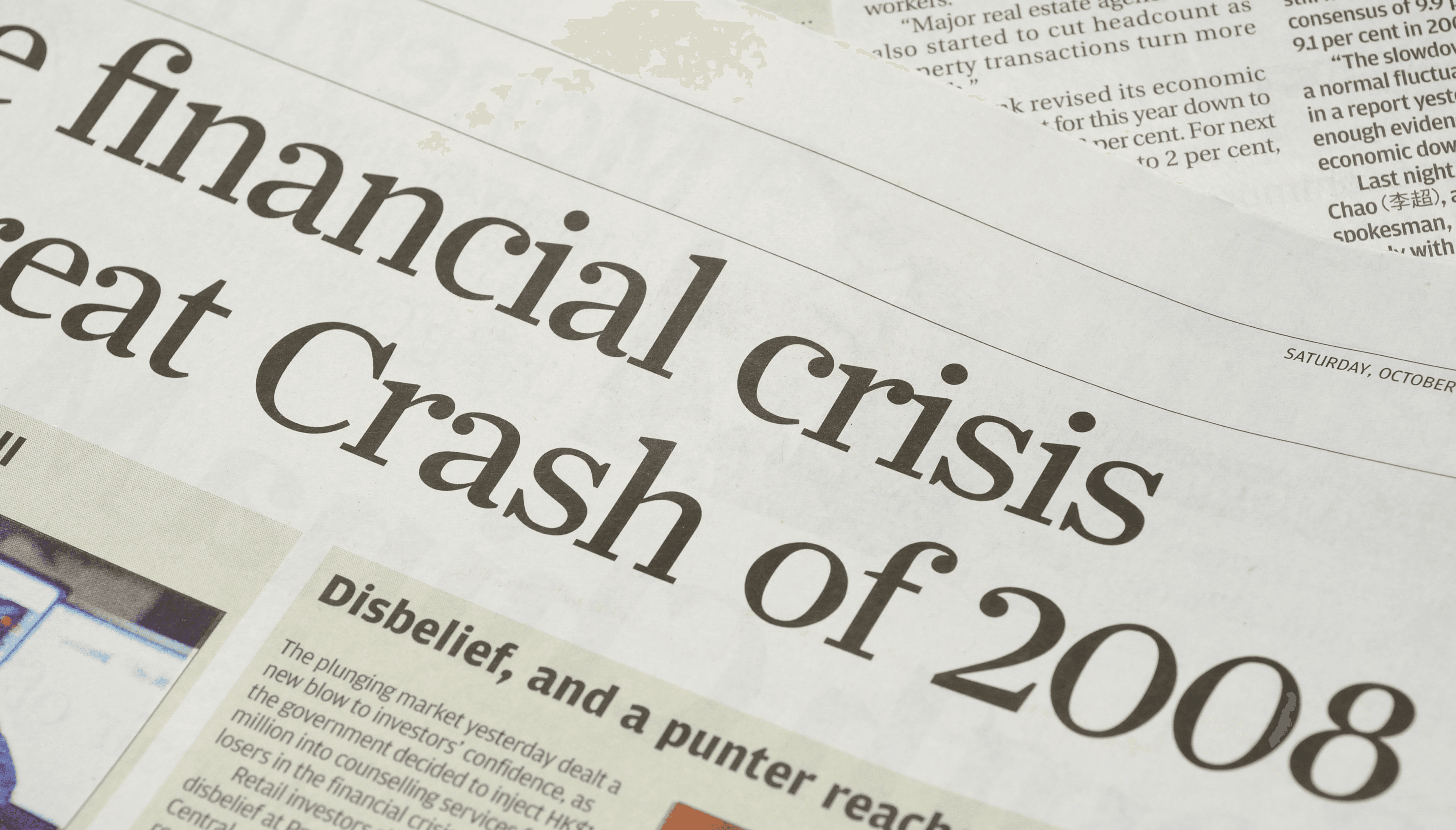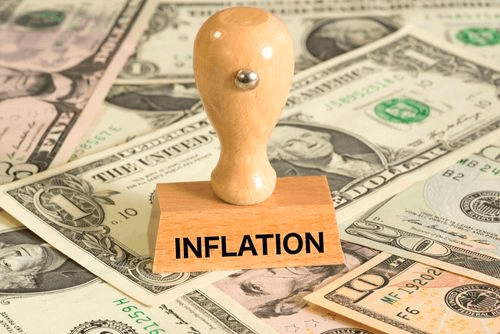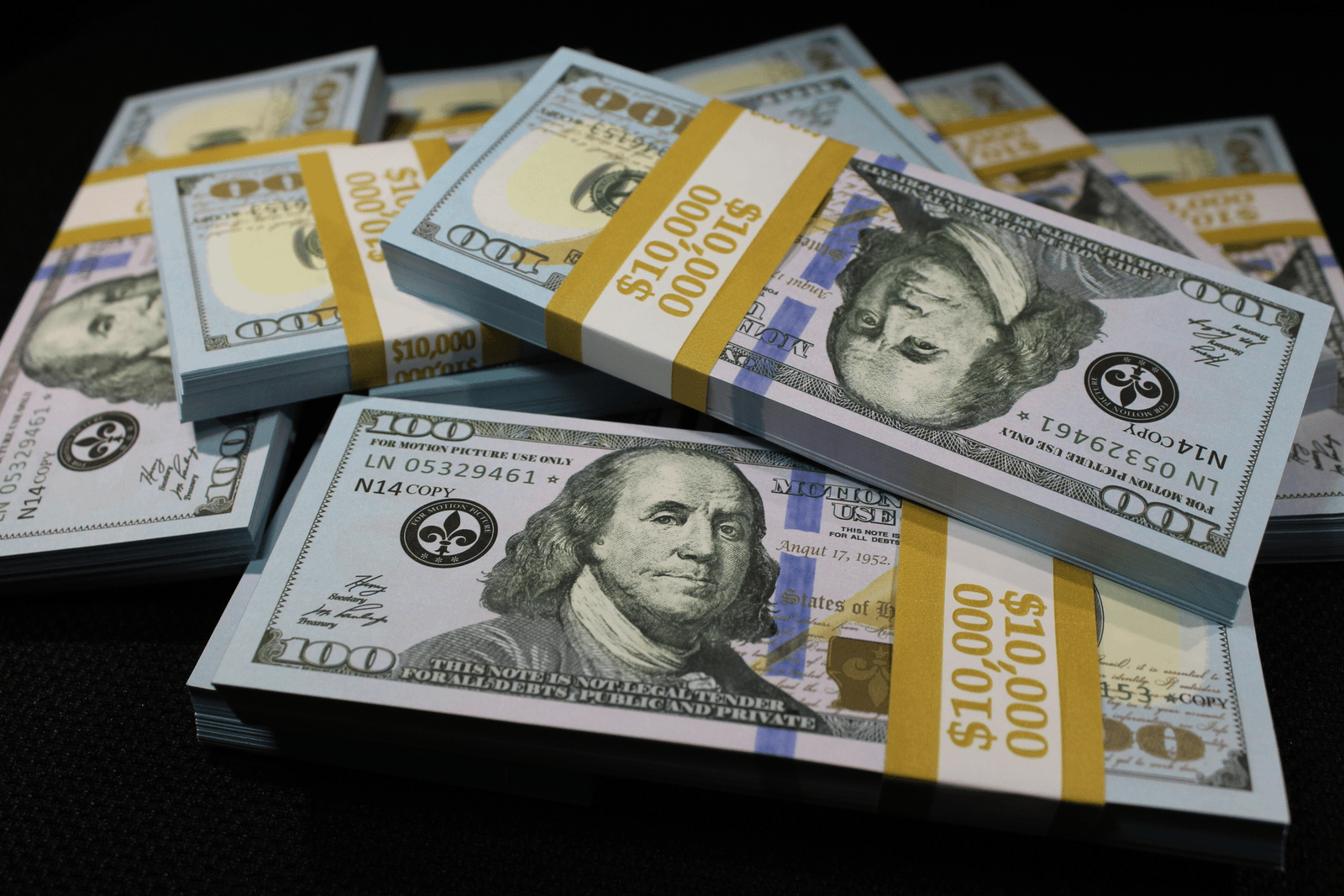Political Impact of Inflation
Gas prices and Covid-19-based inflation have driven many political talking points. Rampant inflation in the economy has historically led to political upheaval.
When President Ronald Reagan was elected, one of his main campaign promises was to control the rate of inflation from its historic high numbers under President Carter. Although he did curb inflation, the U.S. deficit dramatically increased partly due to the arms race against the Soviet Union. The Republican successor, President George H.W. Bush, added to the deficit with a record-breaking $290 billion. Given that the deficit sits at $30 trillion as of early 2022, it is sufficient to say future presidents were unsuccessful at reining in the debt or inflation.

Surprisingly, the only President in recent history to stop deficit spending and create a budget surplus was Democratic President Bill Clinton. Under pressure from Republicans, by 2000 the government had a surplus of $236 billion. When President George W. Bush took office, he saw the surplus as evidence of overtaxing the American people. Republicans passed tax cuts, which again placed the U.S. budget in a deficit.
As the 2008 financial crisis arrived, the deficit was pushed into the trillions for the first time as the Democrat-controlled Congress looked to spend to combat the recession. The Tea Party Movement was a group of fiscally conservative activists and politicians that arose from the 2008 recession calling to reduce the national debt and lower taxes. Roughly 30% of Americans identified as Tea Party supporters and joined protests at the National Mall over inflation in 2009.

InvestmentU
The debt and inflation created under Bush and Obama escalated with the emergence of the Covid-19 pandemic, a $2 trillion stimulus combined with economic fallout drove inflation. Both Republicans and Democrats tend to spend. However, Republicans look for tax cuts while Democrats look to increase taxes on larger tax bases. Republicans have led movements like the Tea Party to control government spending, while Democrats have led movements like Occupy Wall Street to protest market manipulations by investors. The main difference depends on who each side believes is at fault for inflation.

